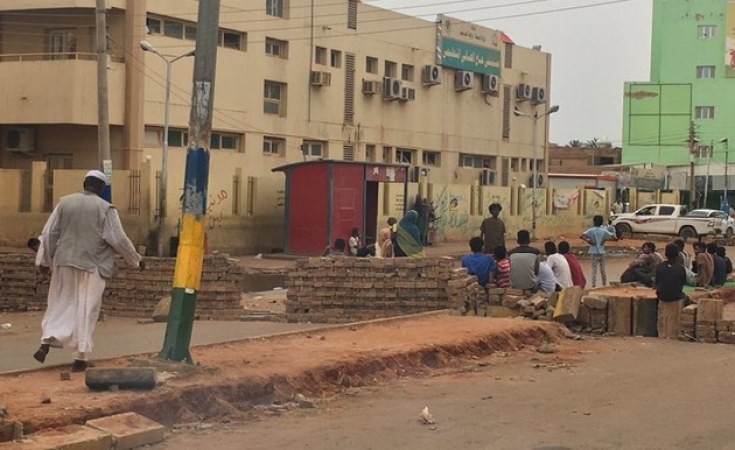Port Sudan — The United Nations World Food Programme (WFP) warns that time is running out to prevent starvation in Darfur as intensifying clashes in North Darfur’s capital El Fasher hinde efforts to deliver vital food assistance into the region.
Civilians in El Fasher and the wider Darfur region are already facing devastating levels of hunger, yet deliveries of food assistance have been intermittent due to fighting and endless bureaucratic hurdles. The latest escalation of violence around El Fasher has halted aid convoys coming from Chad’s Tine border crossing – a recently opened humanitarian corridor that passes through North Darfur’s capital.
Meanwhile, restrictions from the authorities in Port Sudan are preventing WFP from transporting assistance via Adre, the only other viable cross-border corridor from Chad. The route can serve West Darfur and other locations in Central, South and East Darfur. These access constraints are jeopardizing WFP's plans to provide vital assistance to over 700,000 people ahead of the rainy season when many roads across Darfur become impassable.
“Our calls for humanitarian access to conflict hotspots in Sudan have never been more critical: WFP urgently requires unrestricted access and security guarantees to deliver assistance to the families struggling for survival amid devastating levels of violence. We must be able to use the Adre border crossing and move assistance across frontlines from Port Sudan so we can reach people throughout the Darfur region,” said Michael Dunford, WFP’s Regional Director for Eastern Africa.
The recent surge in violence in El Fasher is exacerbating critical humanitarian needs in Darfur, where at least 1.7 million people are already experiencing emergency levels of hunger (IPC4). El Fasher had been a relative safe-haven for families, hosting many IDP camps that pre-date the current conflict. Yet conditions were already critical with reports of children dying of malnutrition.
Now many are being forced to flee El Fasher and surrounding areas – some for the second or third time – and are becoming increasingly vulnerable. On top of the impact of the escalating violence, WFP is concerned that hunger will increase dramatically as the lean season between harvests sets in and people run out of food.
“The situation is dire. People are resorting to consuming grass and peanut shells. If assistance doesn't reach them soon, we risk witnessing widespread starvation and death in Darfur and across other conflict-affected areas in Sudan," said Dunford.
Over the last six weeks, WFP has delivered emergency food and nutrition assistance to over 300,000 people in North, West, and Central Darfur using the Tine and Adre border crossings and a crossline route from Port Sudan. These breakthroughs followed lengthy negotiations. But the progress appears to have been short-lived with all routes now blocked. WFP and the rest of the humanitarian community needs to be able to deliver humanitarian assistance consistently and at scale to prevent a worsening of the crisis.
One year of conflict in Sudan has created an unprecedented hunger catastrophe and threatens to ignite the world’s largest hunger crisis. With almost 28 million people facing acute food insecurity across Sudan, South Sudan, and Chad, the conflict is spilling over and exacerbating the challenges already faced by its neighbours. The window to avert the worst is rapidly closing. A concerted diplomatic effort by the international community is needed to push the warring parties to provide access and safety guarantees and adhere to their obligations under International Humanitarian Law.


